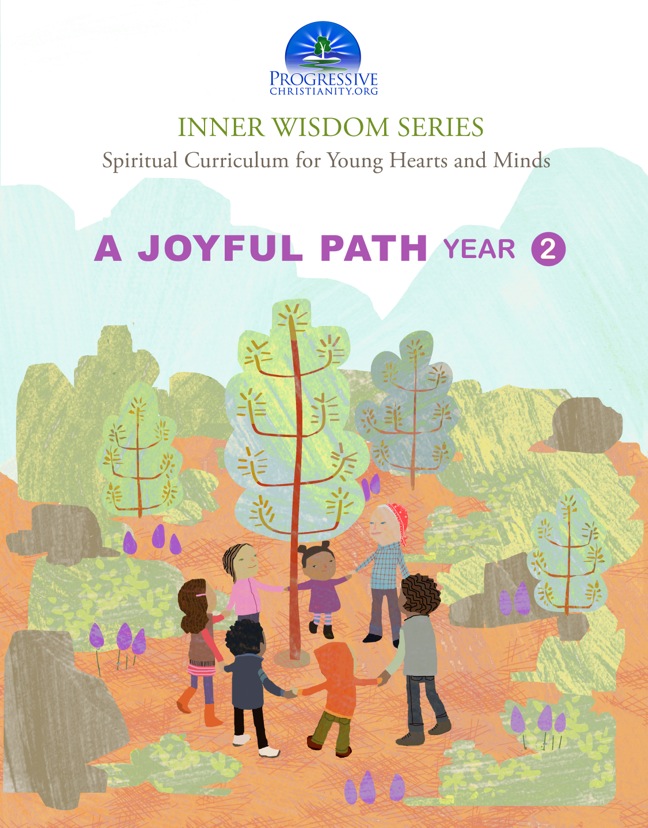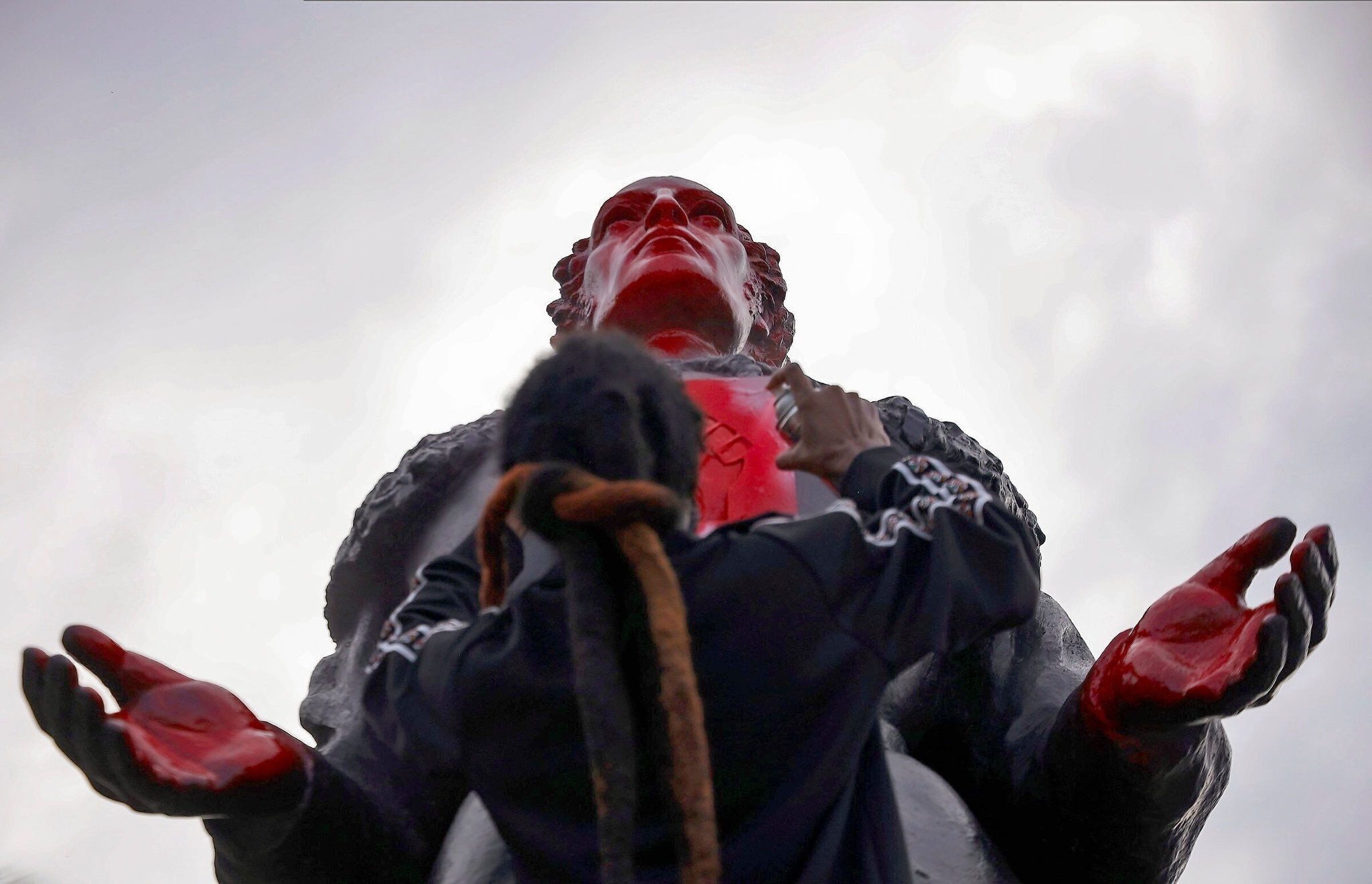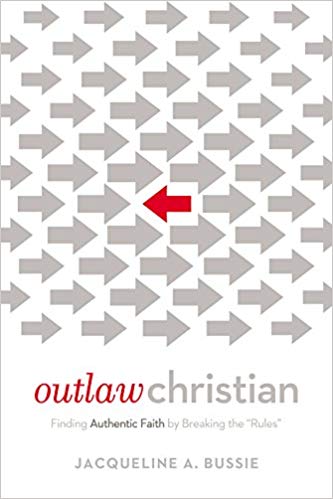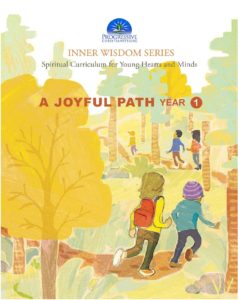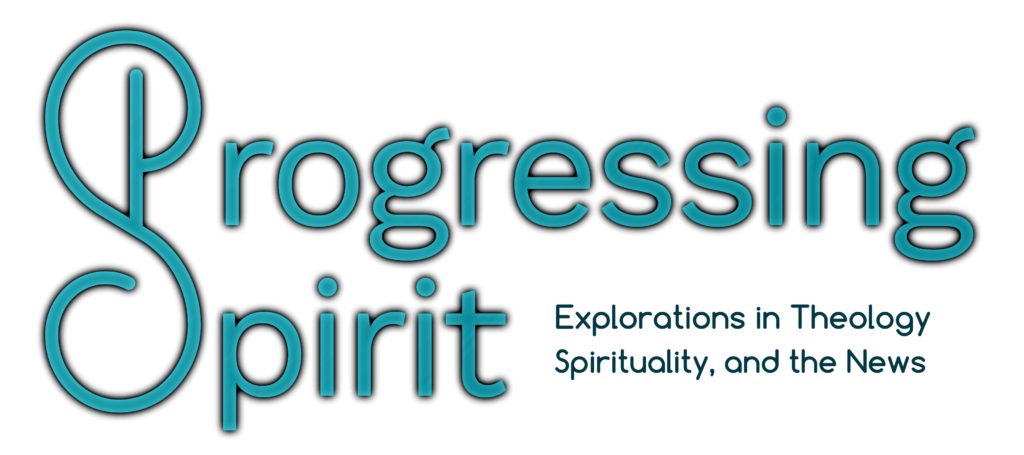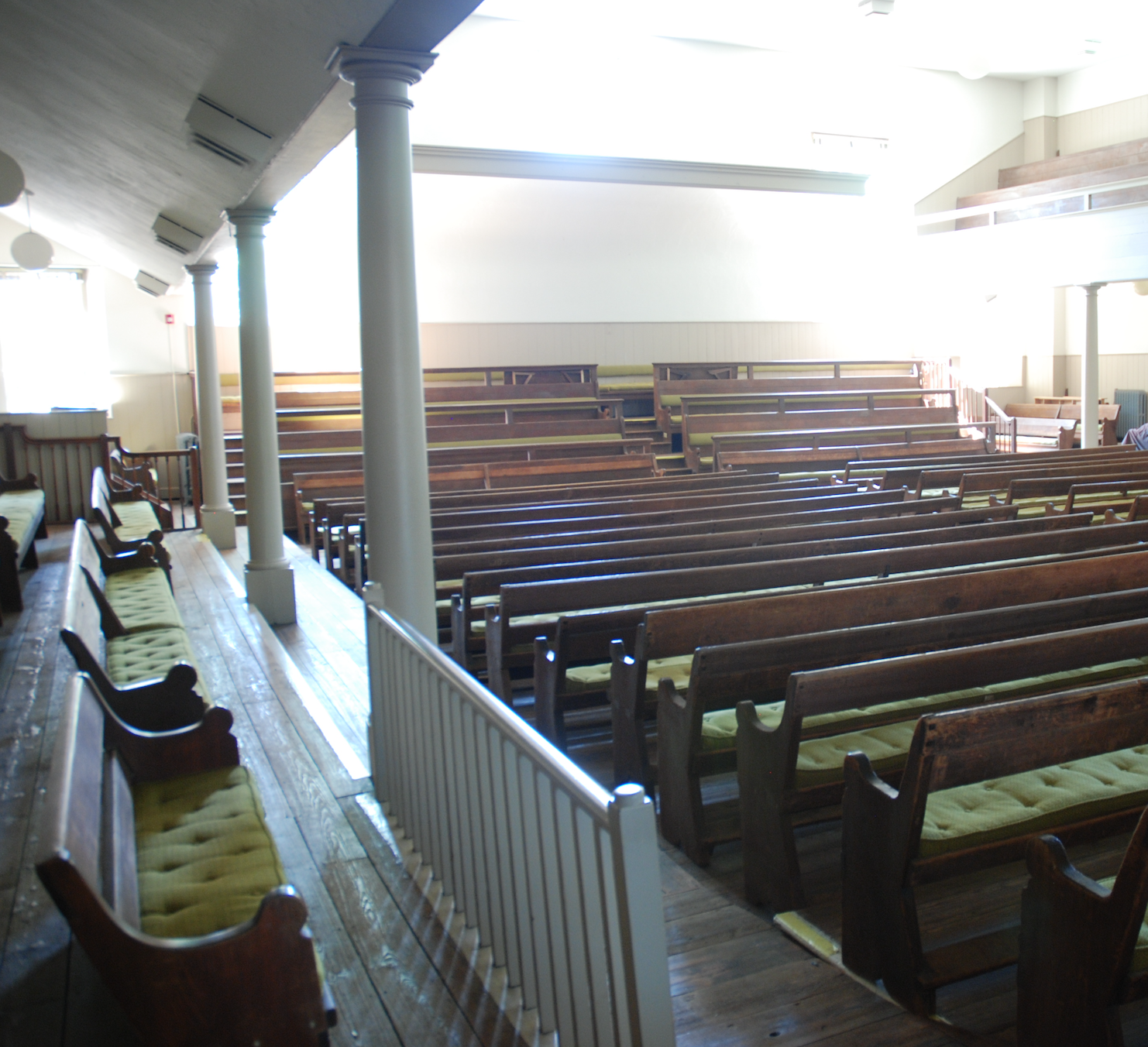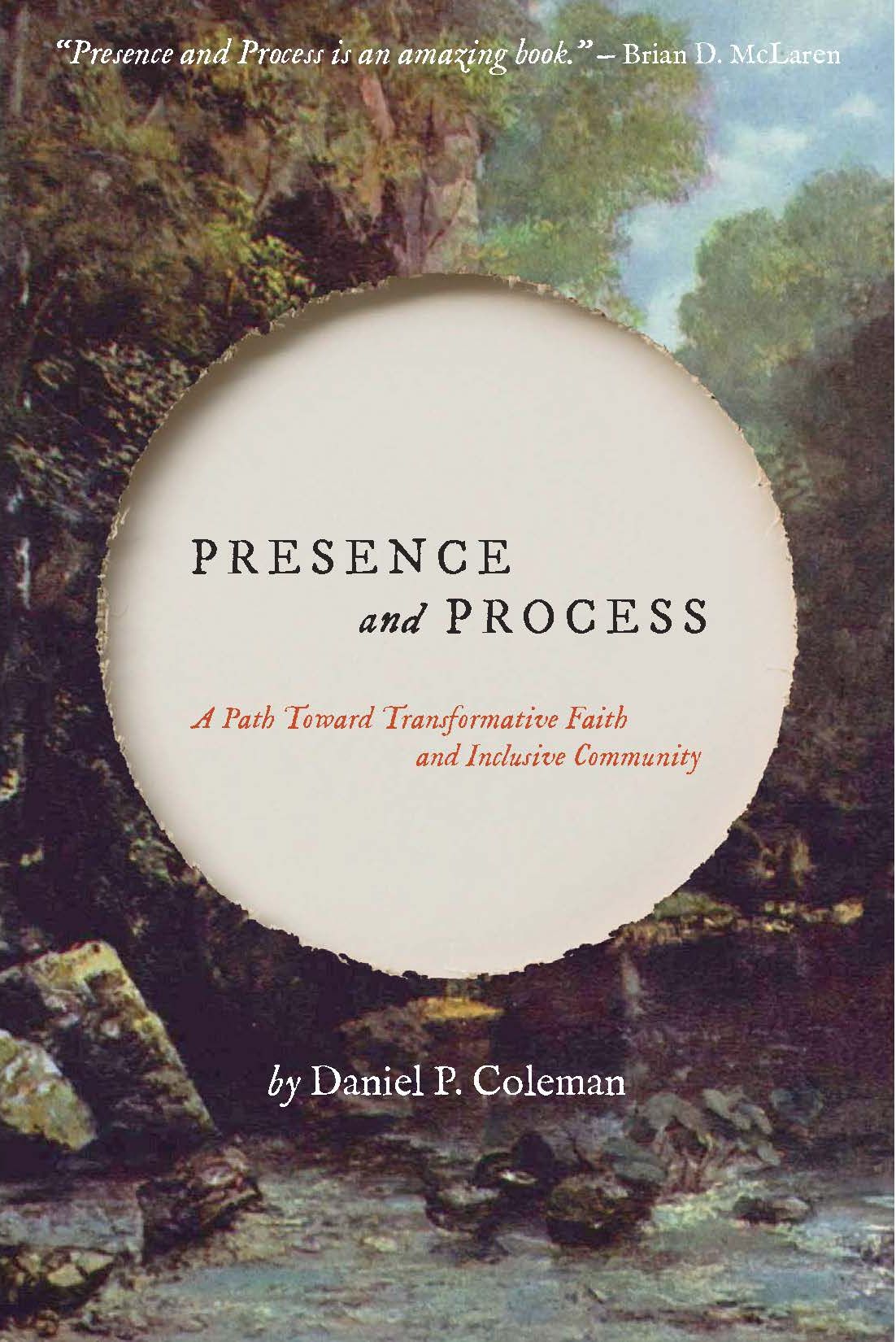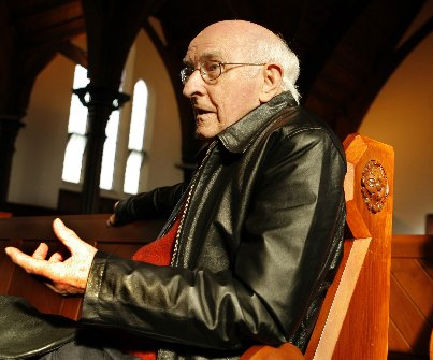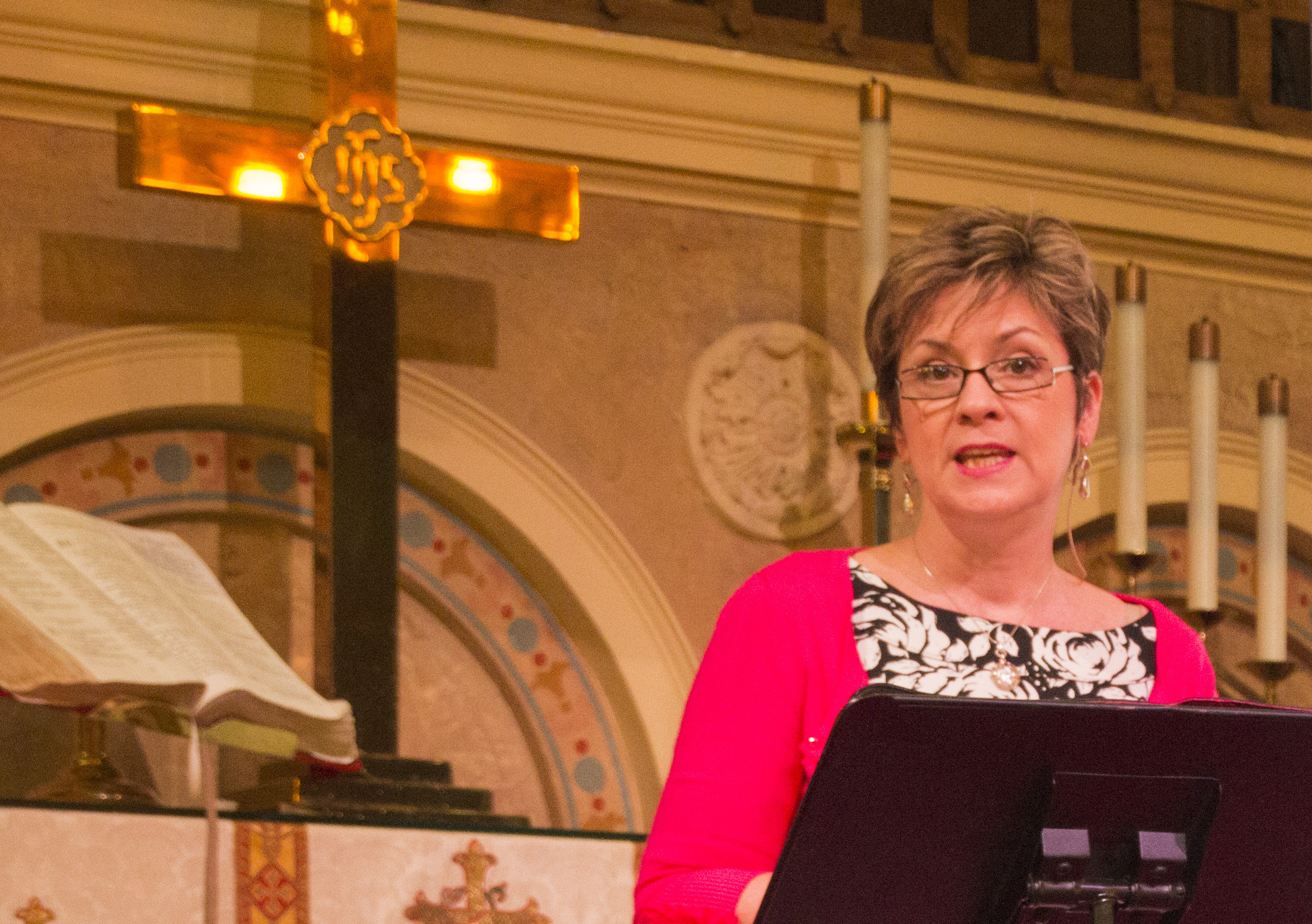For Classroom and/or Home Schooling
In A Joyful Path, Year Two, we focused on some of the main tenets of Progressive Christianity and Spirituality, giving our children the foundation they need to understand the basics of this path, to clarify their own personal beliefs and be able to discuss those with others, while at the same time showing what it means to walk the path of Jesus in today’s world.
For Classroom and/or Home Schooling
Year Two focuses on some of the main tenets of Progressive Christianity and Spirituality, giving our children the foundation they need to understand the basics of this path, to clarify their own personal beliefs and be able to discuss those with others, while at the same time showing what it means to walk the path of Jesus in today’s world.
For Classroom and/or Home Schooling
Year Two focuses on some of the main tenets of Progressive Christianity and Spirituality, giving our children the foundation they need to understand the basics of this path, to clarify their own personal beliefs and be able to discuss those with others, while at the same time showing what it means to walk the path of Jesus in today’s world.
Along comes the dispute over the monuments of famous historical figures now considered worthy by some of being knocked off their high horses. It is a reminder for us all to reconsider just who, or what, each of us believes is of such monumental importance and value that we would elevate it to a place of prominence. For those who would follow claim to be followers of a Jesus figure of our own understanding, one might do well to reflect on whatever “divine” attribute one might accord such a revered figure.
Our 2020 updated version of the 8 Points of progressive Christianity
Theism, or supernatural theism (for the most part, they bear the same meaning) is a monotheistic conception of God that has been with us since the idea of monotheism first began to emerge in our Judeo-Christian story--after the Exodus (1,200 Before the Common Era), down through the time of the Babylonian Exile (587-538 BCE).
Jacqueline Bussie knows that too many Christians live according to unspoken "laws" that govern the Christian life: #1: Never get angry at God; #2: Never doubt; #3: Never question; #4: Never tell your real story; #5: Always speak in clichés about evil and suffering; and #6: Always believe hope comes easy for those who truly love God.
In A Joyful Path, Year Two, we focused on some of the main tenets of Progressive Christianity and Spirituality, giving our children the foundation they need to understand the basics of this path, to clarify their own personal beliefs and be able to discuss those with others, while at the same time showing what it means to walk the path of Jesus in today’s world.
In A Joyful Path, Year Two, we focused on some of the main tenets of Progressive Christianity and Spirituality, giving our children the foundation they need to understand the basics of this path, to clarify their own personal beliefs and be able to discuss those with others, while at the same time showing what it means to walk the path of Jesus in today’s world.
For both Classroom and Home Schooling
Are you searching for a way to connect children with an authentic spiritual experience that is inter-spiritual, creative and multi-layered? A Joyful Path is truly progressive Christian curriculum that is inclusive, joy-full, compassionate, and intelligent.
Restoration of a Vision from the Christian Faith Tradition
What might constitute an adequate improvement to the world order? This commentary constitutes an exploration of this pesky, perennial question about "a better world" from the vantage point of one faith tradition, and in contemporary context. Its intention is not to offer novelty or any new revelatory insight, but rather to remember and restore a perspective that lies at the heart of a biblical gospel tradition; based on the teachings of a pre-Easter human Jesus.
If God is love, then God is something we do, rather than somebody or something we try to believe in. If God is love, then God is a relationship, and not a Guy in the Sky or some other kind of supernatural entity. If God is love, God is nothing to fear. If God is love, when we really love someone - even of another religion, or of no religion at all - God is in that relationship, blessing it. So these three words wipe away all the theological debates about science and common sense versus religion. These three words sweep away the problem of evil, the perennial conundrum of how an all-powerful God could love people while allowing horrible things to happen to them. If God is love, then God is not in charge of the universe. Love is extremely powerful, but it is not directive. Love does not force anybody to do anything, nor to force anything to do anything to anybody. If God is love, then God is omni-attractive, not omni-potent.
We are often asked by readers for a reading list for those who want to learn more about Progressive Christianity. Below are some suggestions to get you started:
An inclusive and pioneering exploration of Theology, Spirituality and Current Events
With thousands of subscribers around the globe, Progressing Spirit is the world’s leading outlet for an intelligent, inclusive, and pioneering exploration of today’s theological, spiritual, and social advancements.
By Cap Kaylor on March 16, 2018
In a recent post (3/16/18) on Progressive Christianity, Cap Kaylor asked: “Is Quakerism Becoming a Christianity Without Christ?” He is worried that Quakerism is in a serious decline and is in danger of withering away. He says, “I have come to share the now widely held conclusion that unless the current trajectory is reversed, liberal Quakerism is headed for extinction.” I should note that Kaylor is writing from the perspective of an unprogrammed (silent worship, no ministers) Quaker and not a programmed (speaking, music, and minsters) Quaker. Worldwide only 11% of Quaker Meetings are unprogrammed.
Christianity should encourage and honor the ongoing search for truth. This requires tolerating absence of certainty and respect for emerging scientific knowledge, which leads to updated understanding of human rights and morality. Lessing’s statement about the true value of a person should reflect the view of all who follow the Judeo-Christian tradition, for it focuses on devotion to God through the unending quest for truth rather than holding to cultural idols.
The Problem with Blessings and Curses
“Have a blest day?” What in this world does that mean? Better luck or good karma, instead of bad? In the ancient world, denoting someone as “blest” was a way of expressing a deity’s special favor towards that person. If that sounds quaint, there are still plenty of people today who believe they can curry favor or improve the odds of achieving more blessings than curses; while politicians routinely conclude their speeches by invoking the Almighty to bless the good ‘ol USA. There’s just one problem. It doesn’t work.
While the Christian church in 21st century North America is experiencing decline, interest in Buddhist-derived Mindfulness meditation is on the rise. Yet Christianity also has a rich meditative/contemplative tradition. This book is an exploration of meditative/contemplative practices in both Christian and Buddhist contexts, emphasizing their areas of affinity. Common characteristics and effects of meditative/contemplative practices are defined.
This week I speak with Sir Lloyd Geering, New Zealand theologian and pioneering Christian post-theist. In 1967, Geering was charged with heresy by the Presbyterian Church in New Zealand. He successfully withstood this challenge and has continued writing and speaking about religion and holy texts as a human constructions and words like "God" and "faith" as referents of human self-understanding and growth. He is the author of many books and articles, a few of which can be found in the links below.
This week I speak with Sir Lloyd Geering, New Zealand theologian and pioneering Christian post-theist. In 1967, Geering was charged with heresy by the Presbyterian Church in New Zealand. He successfully withstood this challenge and has continued writing and speaking about religion and holy texts as a human constructions and words like "God" and "faith" as referents of human self-understanding and growth. He is the author of many books and articles, a few of which can be found in the links below.
This week I speak with Sir Lloyd Geering, New Zealand theologian and pioneering Christian post-theist. In 1967, Geering was charged with heresy by the Presbyterian Church in New Zealand. He successfully withstood this challenge and has continued writing and speaking about religion and holy texts as a human constructions and words like "God" and "faith" as referents of human self-understanding and growth. He is the author of many books and articles, a few of which can be found in the links below.
This week I speak with Sir Lloyd Geering, New Zealand theologian and pioneering Christian post-theist. In 1967, Geering was charged with heresy by the Presbyterian Church in New Zealand. He successfully withstood this challenge and has continued writing and speaking about religion and holy texts as a human constructions and words like "God" and "faith" as referents of human self-understanding and growth. He is the author of many books and articles, a few of which can be found in the links below.
Saying Goodbye to “God” in Sacred Text
What good is “God?” We know well how much violence is committed in the name of “God.” If we were to delete both our traditional Western word and notion of “god” from both our speech and thinking, what are the implications for such things we ourselves know and experience to be true in our own human experience? I’m talking about conceiving of such things as love, compassion, mercy, grace, reconciliation, forgiveness, even absolution, redemption, and salvation. Part one in this series considers a scripture text considered sacred, but noticeably absent is the presence of any deity.
The idea of “God” has been problematic for as long as the notion existed. As a result, “God” has admittedly been for me a direction; but neither a destination, nor even a companion along the way any longer. As the poet suggests, if the notion of “god” is directional movement from a former past to the present now, then perhaps it is the time to leave the “G” word behind. What does that mean?
This week I speak with Sir Lloyd Geering, New Zealand theologian and pioneering Christian post-theist. In 1967, Geering was charged with heresy by the Presbyterian Church in New Zealand. He successfully withstood this challenge and has continued writing and speaking about religion and holy texts as a human constructions and words like "God" and "faith" as referents of human self-understanding and growth. He is the author of many books and articles, a few of which can be found in the links below.
The Brief Observance of a Holy Nativity
Even non-theists and progressive Christian types love to sing Christmas carols. And, as the British atheist, Alain de Botton, once said, "Religions are intermittently too useful, effective and intelligent to be abandoned to the religious alone." The annual observance of one holy nativity is the perennial reminder to respect and beatify the dignity and sacredness of every birth, everywhere.
In this video Kyle interprets Charlie Kaufmans "you are what you love, not what loves you" from Adaptation
For me and for the many who no longer hold those stories as sacred, the cost is simply too high. The potential for posthumous reward or damnation has too often drained life of its beauty, wealth, diversity, and joy and the norms of civil society that are reinforced are often not in the best interests of humanity or, at least, significant swaths of it. So we need a way forward.
The word God evokes highest aspirations. It suggests the whole, and what makes me whole. It delivers me into the rich darkness of mystery, the allure of the unknown. It provokes possibility. It aims beyond what I can explain. The word God invites me beyond what I can imagine. The word God hints at the personality of the universe. It touches me with all-surpassing Love. The word God invokes curiosity, creativity. My uncertainty about what the word God means spins me into a healthy, humbling disequilibrium. It leaves me giddy.
Rather, the way of Jesus is the way of death and resurrection — the path of transition and transformation from an old way of being to a new way of being.

